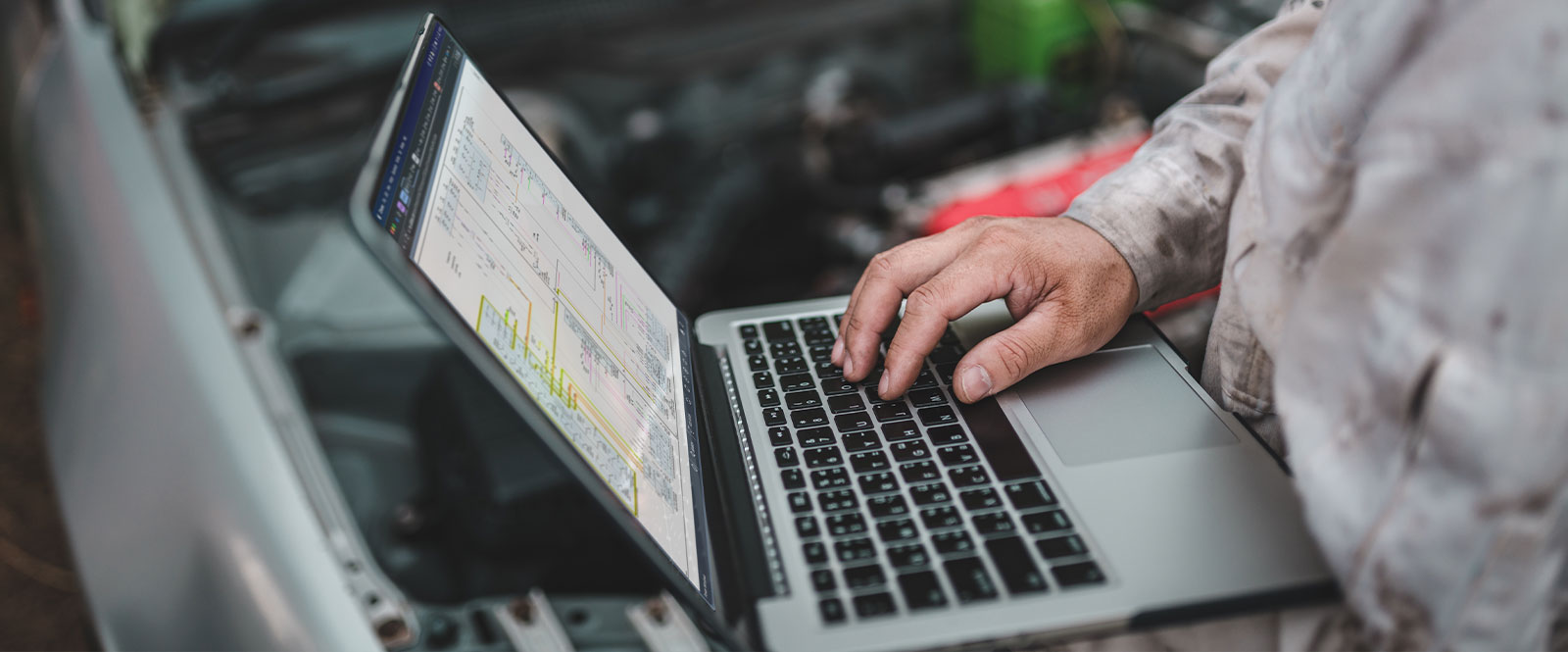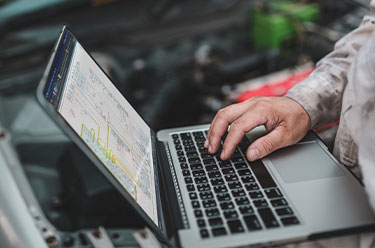
THE FACTORY KNOWS BEST

Following original equipment manufacturer (OEM) repair procedures is crucial when working on a vehicle for several reasons:
Safety: OEM repair procedures are designed based on extensive research, testing, and engineering conducted by the vehicle manufacturer. They prioritize safety and provide detailed instructions for repairing the vehicle to its original condition. By following these procedures, you ensure that the repairs are performed in a way that maintains the vehicle's safety features and structural integrity.
Proper functionality: Vehicles are complex systems with intricate interconnections between various components. OEM repair procedures outline the correct methods, specifications, and materials required to restore the vehicle to its original working condition. By adhering to these procedures, you increase the likelihood of achieving proper functionality and performance after repairs.
Warranty considerations: If your vehicle is under warranty, it typically requires repairs to be performed following OEM procedures. Deviating from these procedures may void the warranty or limit your ability to make warranty claims. Following the recommended repair procedures ensures compliance with warranty requirements and protects your rights as a vehicle owner.
Compatibility: OEM repair procedures take into account the specific design, materials, and specifications of the vehicle. Using aftermarket parts or alternative repair methods may compromise compatibility and affect the proper fit, performance, and operation of the repaired components. OEM procedures help ensure that the replacement parts, repair techniques, and finishes are compatible with the vehicle, minimizing the risk of future issues.
Resale value: Vehicles with a documented history of repairs following OEM procedures are generally valued higher in the used car market. Prospective buyers and appraisers typically prefer vehicles with repairs done according to manufacturer guidelines, as it provides assurance of quality and reliability.
Insurance considerations: Some insurance policies require repairs to be performed following OEM procedures. Deviating from these procedures may impact your ability to file insurance claims or result in reduced coverage. It's important to consult your insurance provider and understand their requirements regarding repairs and OEM procedures.
Manufacturer support: Following OEM repair procedures may provide access to manufacturer resources, such as technical support, repair manuals, and updated information about recalls or service bulletins. This support can be invaluable in ensuring that repairs are performed correctly and efficiently.
By following OEM repair procedures, you prioritize safety, maintain proper functionality, protect warranties, ensure compatibility, enhance resale value, meet insurance requirements, and benefit from manufacturer support. It's advisable to consult the vehicle's specific repair manual, use OEM information such as that provided by ALLDATAdiy, or reach out to authorized service centers for detailed guidance on performing repairs according to OEM procedures.
Not an ALLDATAdiy customer? Learn how a subscription could help you. ALLDATAdiy provides access to repair information on over 44,000 engine-specific vehicles, find yours. Return to see more DIY Helpful Tips.






